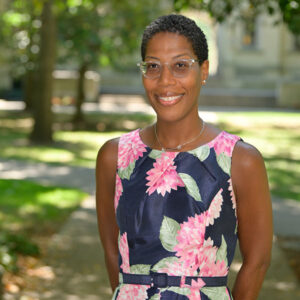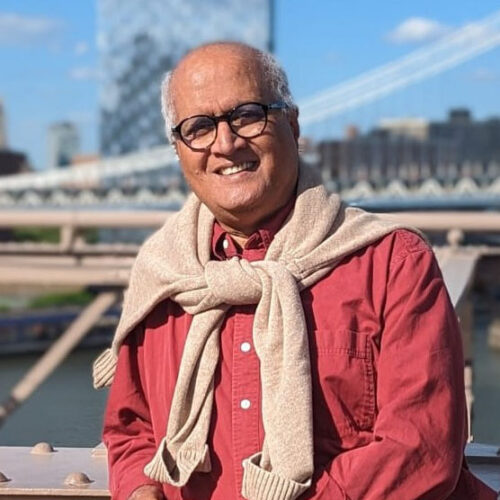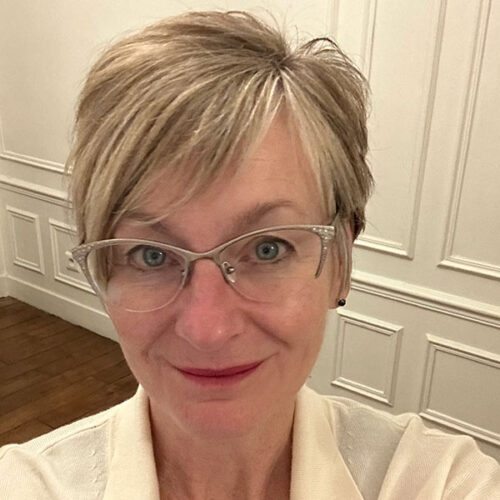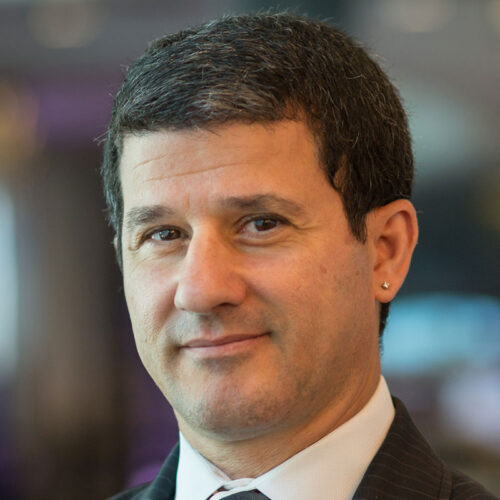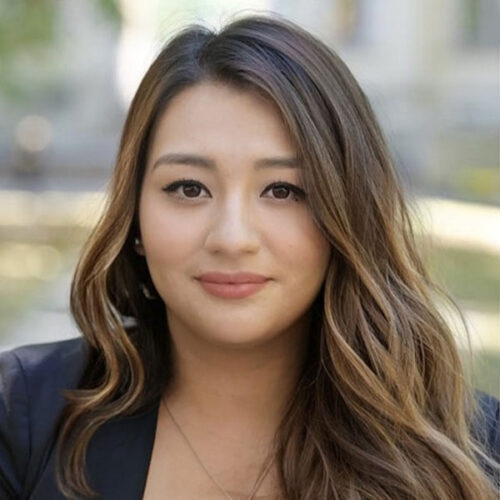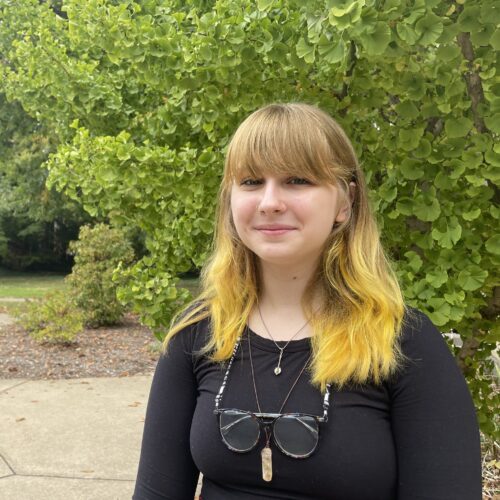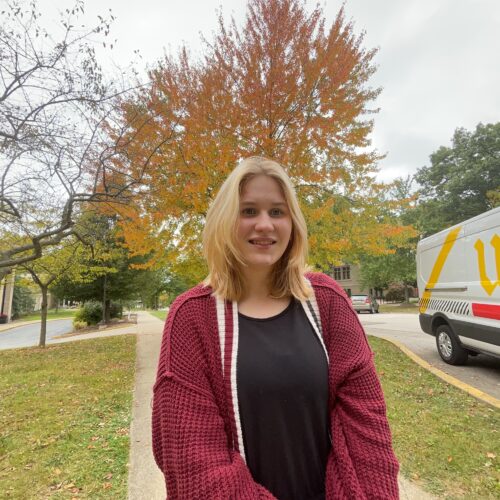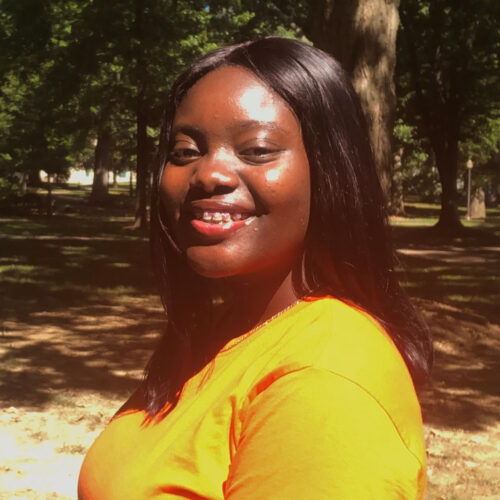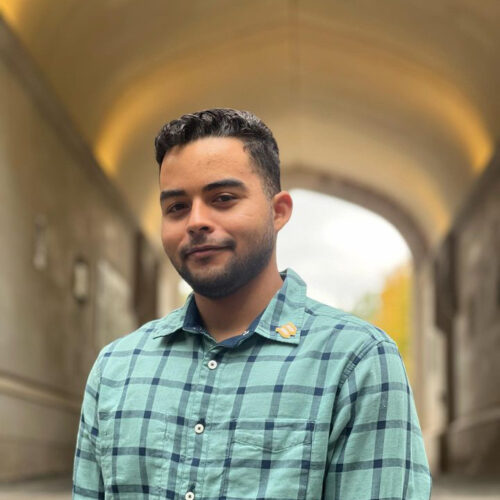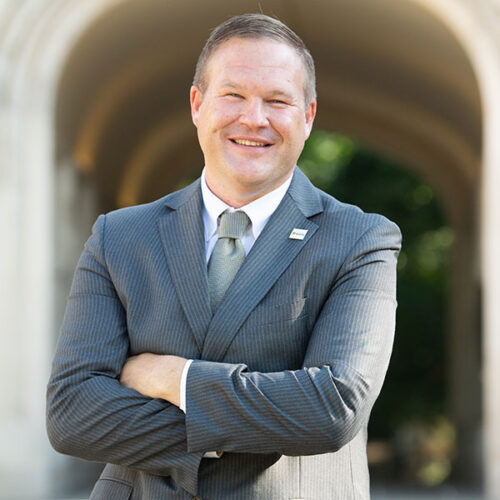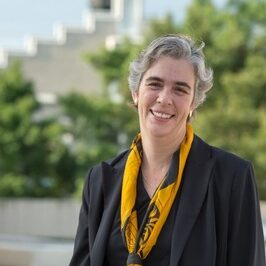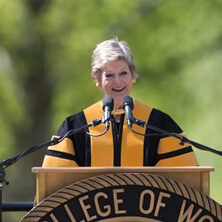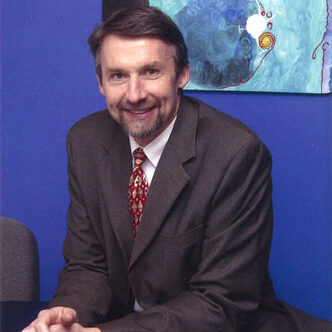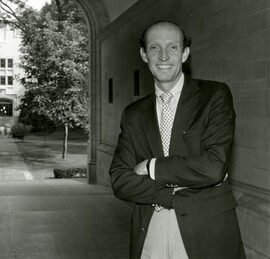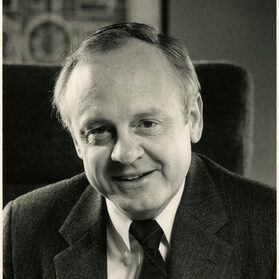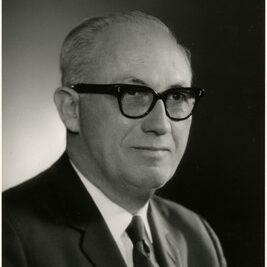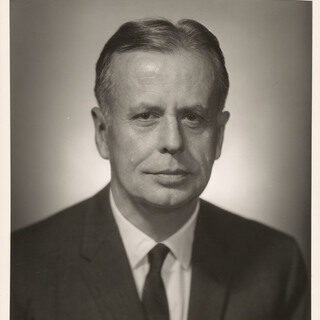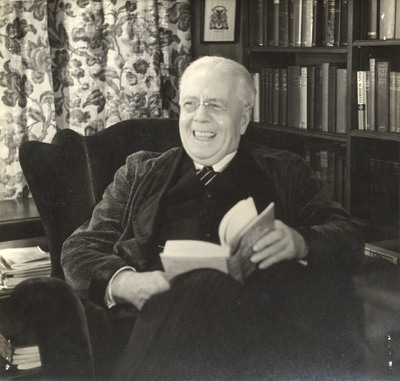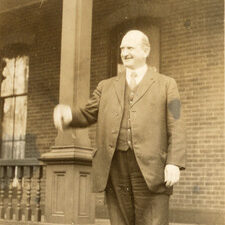Courtney Thompson
Dr. Courtney L. Thompson, Department Chair and Associate Professor of Africana Studies, joined The College of Wooster in Fall 2022. She completed her PhD in American Studies at Purdue University and her BA in English at Hampton University. Before joining the College of Wooster, she was an Associate Professor of American Studies and Women’s and Gender Studies at The University of the South, a Visiting Assistant Professor of Africana Studies at Hamilton College and Dickinson College, and a Visiting Scholar and Assistant Professor of African American Studies at the University of Houston. Her interdisciplinary training and research draw together the fields of Black (Women’s) Studies, American Studies, Women’s and Gender Studies, and Literary Studies. Her writing has been published in Palimpsest: A Journal on Women, Gender, and the Black International; Women, Gender, and Families of Color; Africology: The Journal of Pan African Studies, Feminist Media Studies; and the International Journal of Africana Studies. She is a proud UNCF/Mellon (Mays Undergraduate) Fellow and alum of the Institute for Recruitment of Teachers.

